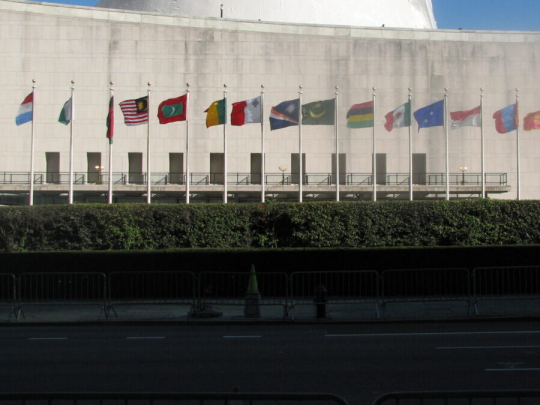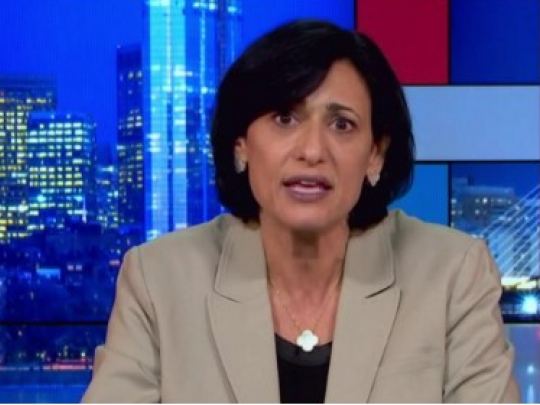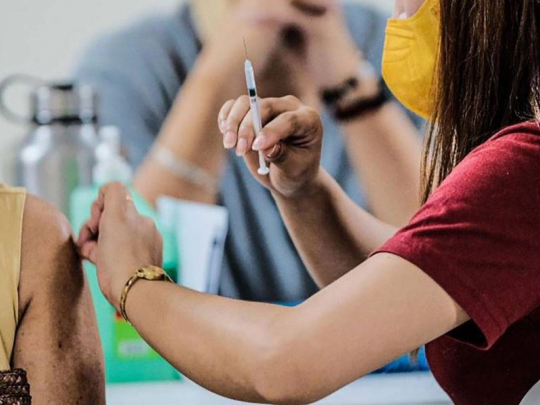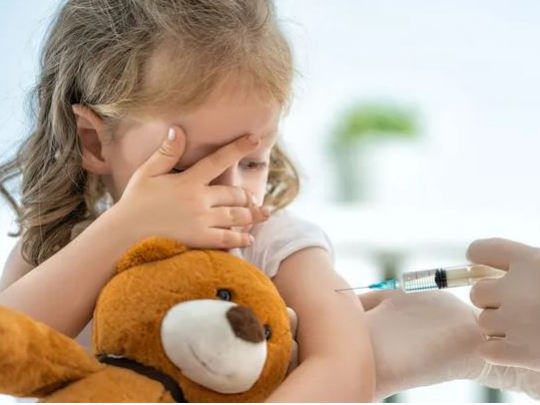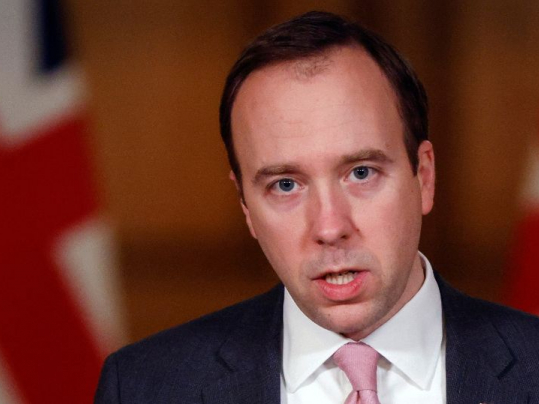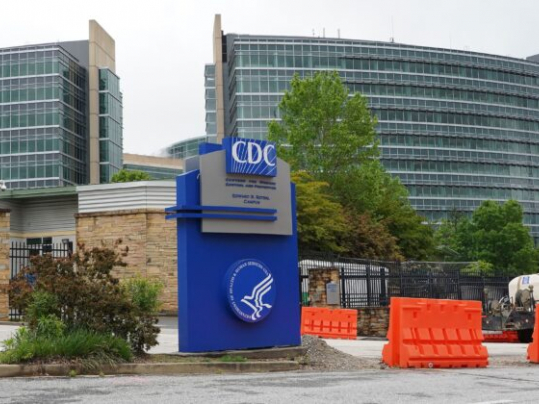Jabs do not reduce risk of passing Covid within household, study suggests
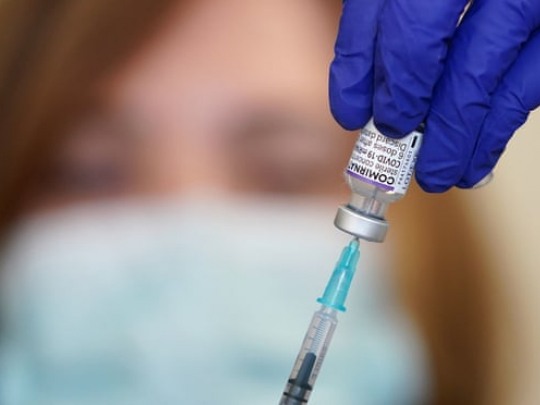
People who are fully vaccinated against Covid yet catch the virus are just as infectious to others in their household as infected unvaccinated people, research suggests.
Households are a key setting for the transmission of Covid infections (pdf), with frequent prolonged daily contact with an infected person linked to an increased risk of catching the virus.
However, questions have remained – including the true proportion of household contacts who become infected from an initial case, the duration of their infection, and the impact of vaccination on the risk of transmitting the virus and the chance of catching it.
Now a study has revealed that while vaccination against Covid is crucial to preventing severe disease and death, even fully jabbed individuals catch the virus – and pass it on.
Writing in the Lancet, researchers from a number of institutions including Imperial College London and the UK Health Security Agency (HSA) report how they analysed data from 204 household contacts of 138 people infected with the Delta variant.
Of these contacts, who were recruited within five days of their household member showing symptoms and were tested daily for 14 days, 53 went on to become infected, 31 of whom were fully vaccinated and 15 were unvaccinated.
The results suggest even those who are fully vaccinated have a sizeable risk of becoming infected, with analysis revealing a fully vaccinated contact has a 25% chance of catching the virus from an infected household member while an unvaccinated contact has a 38% chance of becoming infected.
However, the figures do not shed light on the severity of illness, while the team cautions these figures fall within a range of possible values, meaning the exact size of the difference is unclear.
The analysis further suggests that whether an infected individual is themselves fully vaccinated or unvaccinated makes little or no difference to how infectious they are to their household contacts.
The team add that the peak level of virus in infected individuals was the same regardless of whether they were jabbed or not, although these levels dropped off more quickly in the vaccinated people, suggesting they cleared the infection sooner.
“This likely explains why [fully vaccinated] breakthrough cases are as infectious to their contacts as [unvaccinated] cases” said Prof Ajit Lalvani, chair of infectious diseases at Imperial College London and an author of the study.
The team also looked more closely at those who were fully vaccinated.
“What we found, surprisingly, was that already by three months after receipt of the second vaccine dose, the risk of acquiring infection was higher compared to being more recently vaccinated,” said Lalvani.
“This suggests that vaccine-induced protection is already waning by about three months post-secondary,” he added.
Lalvani stressed that vaccination, including boosters, was important, noting that unvaccinated people cannot rely on the immunity of those who are fully jabbed for protection.
Should fully vaccinated individuals become infected, he added, they remain protected against severe disease and death, and tend to have only a mild infection.
However, when asked if the data suggested booster doses should be offered sooner than six months after a second jab, Lalvani said the emphasis should be on encouraging those already eligible to take the extra dose.
Prof Rowland Kao, an epidemiologist at the University of Edinburgh, who was not involved in the work, said the estimates of high rates of transmission among household contacts underscored the need to vaccinate teenagers and give boosters to vulnerable people.
“The vaccinations of younger persons to slow down transmission in the community, and the boosters to directly protect against severe infection and hospitalisation,” he said.
Kao suggested the findings also added weight to calls for the introduction of further measures in the UK to tackle the spread of Covid, adding the move could also mitigate the risks posed by other respiratory infections including flu.
“The result that vaccinated individuals who become infected appear to pose a similar infection risk to others also emphasises the need for continued or improved non-pharmaceutical interventions to further slow down transmission rates and ease hospital burdens over the winter,” he said.
- Source : Nicola Davis






